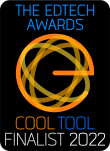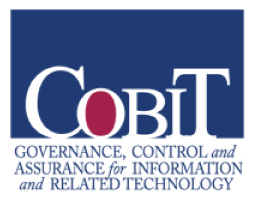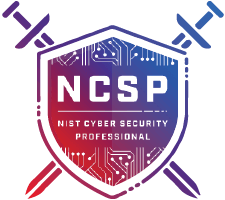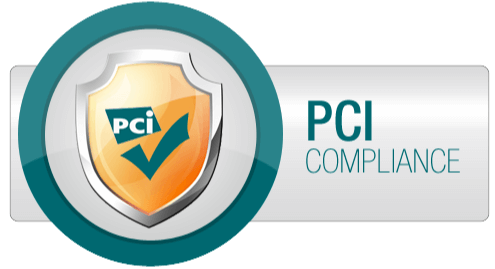Extended School Year (ESY) is an extension of special education and related services that are provided to students beyond the normal school year. ESY in the United States is part of the Individuals with Disabilities Education Act (IDEA) federal law.
Here are 4 common misconceptions about ESY:
ESY only occurs during the summer: False!
ESY services are provided when school is not typically in session. That’s often during the summer, but for some students it can also be during other extended breaks, such winter vacation. ESY services can even be an extension of the student’s normal school day, such as a special tutoring program.
Students automatically qualify for ESY if they have an IEP: Not Everywhere!
ESY is not guaranteed for all students who have IEPs. The Individuals with Disabilities in Education Act lets each state or school district set its own rules for eligibility, and so each IEP team will determine the need for these supports annually. To be eligible for ESY services, the student must have evidenced/documented substantial regression and recoupment issues during the previous IEP year and/or there is evidence of emerging skills which are often referred to as “breakthrough” skills.
ESY focuses on academics: Not Always!
ESY services are not necessarily a continuation of the same instructional program and related services the student receives during the normal school year as prescribed by the IEP. IEP teams have flexibility in determining what ESY services might be needed. For example, ESY services may take the form of teachers and parents working together by providing materials for home use with progress monitored by the teacher, supports needed just in occupational therapy, social skills/social emotional learning supports, or support in multiple areas that may or may not include academics.
ESY’s priority is to teach new skills: Practice, Practice, Practice!
ESY services are designed to support an eligible student to maintain the academic, social/behavioral, communication, or other skills that they have learned as part of their Individualized Education Program (IEP) or Section 504 accommodation plan. The priority for ESY programs are generally not to teach new skills but to practice maintaining previously acquired or learned skills. This is a great time to ensure all that learning that occurred throughout the year remains as the student moves into their next grade.










